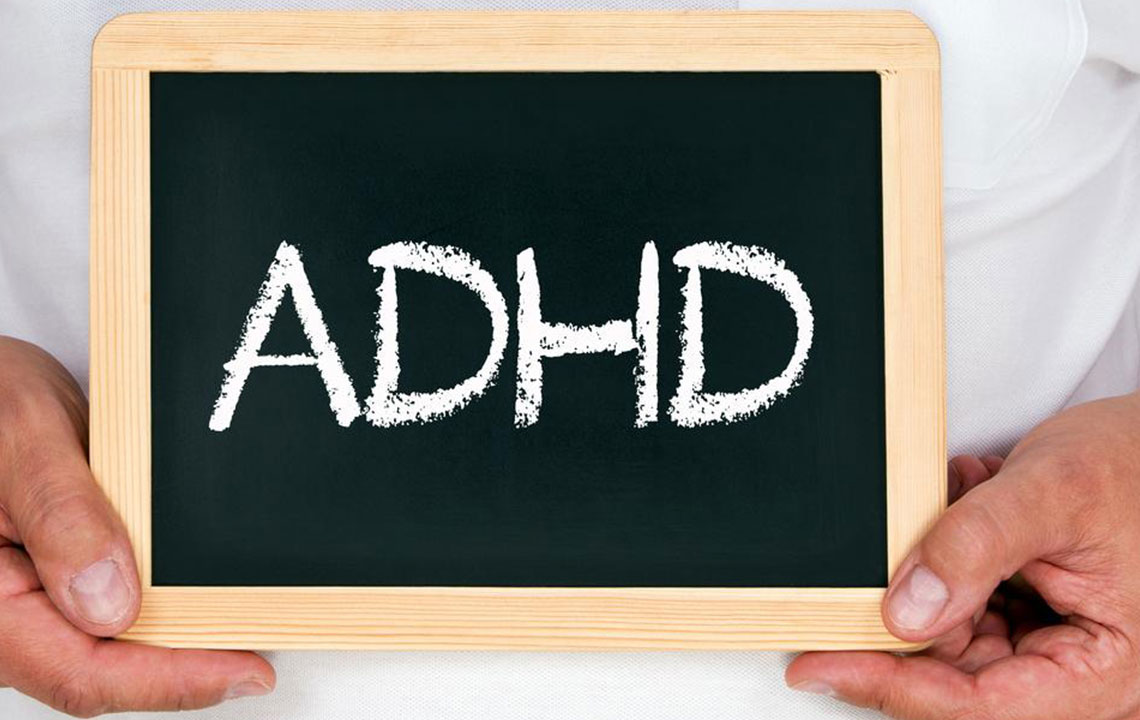Comprehensive Guide to Identifying ADHD Symptoms in Adults
This comprehensive guide explores adult ADHD symptoms, helping individuals recognize signs early. Early diagnosis and tailored treatments can greatly improve life quality. Learn about common behaviors, diagnosis processes, and management strategies for adult ADHD to lead a more organized and fulfilling life.

Adult Attention Deficit Hyperactivity Disorder (ADHD) is a condition that often remains undetected because its symptoms can be subtle and easily mistaken for other issues. While traditionally associated with children, ADHD persists into adulthood in a significant number of cases, affecting more than 5% of the adult population worldwide. Despite its prevalence, many adults with ADHD are unaware they have the condition, which can lead to ongoing challenges in personal, professional, and social spheres. Recognizing the key signs and symptoms is crucial for timely diagnosis and effective management, which can drastically improve quality of life.
Understanding Adult ADHD
ADHD in adults differs from the childhood presentation, although some core symptoms remain consistent. In children, hyperactivity and impulsivity are often prominent, but as individuals mature, these may manifest differently or diminish in intensity. Adults often experience a more internalized form of the disorder, such as chronic forgetfulness, poor time management, and difficulty staying organized.
Common Symptoms of ADHD in Adults
Recognizing ADHD in adults involves understanding a broad range of behavioral signs. Here are some of the most common symptoms:
Difficulty with Organization and Time Management: Adults with ADHD frequently struggle with planning, organizing tasks, and adhering to deadlines. This can result in missed appointments, forgotten commitments, and cluttered living or workspaces.
Impulsivity and Poor Decision-Making: Impulsive tendencies may lead to reckless behaviors, such as impulsive spending, risky driving, or abrupt changes in plans without considering consequences.
Forgetfulness: Chronic forgetfulness about daily responsibilities, important dates, or obligations is a typical sign, often affecting work and personal life.
Distractibility: Easily losing focus during conversations, meetings, or while performing tasks is a prevalent symptom that hampers productivity.
Restlessness and Fidgeting: Inner restlessness may manifest as difficulty sitting still, constant movement, or feeling overwhelmed in quiet environments.
Relationship Challenges: Strained relationships can result from impulsivity, forgetfulness, or difficulty communicating effectively.
Emotional Dysregulation: Adults may experience mood swings, frustration, anxiety, or low patience that interfere with daily interactions.
Difficulty Managing Stress: Increased stress levels and difficulty coping with routine pressures are common.
Impact of Untreated Adult ADHD
If left unrecognized and untreated, adult ADHD can significantly impair various aspects of life, including career progression, financial stability, and personal relationships. It can also increase the risk of anxiety, depression, and low self-esteem due to ongoing frustrations and perceived failures. Recognizing the symptoms early allows for appropriate intervention, which can include both behavioral strategies and medication, ultimately leading to better management of the disorder.
Diagnosis and Treatment Options
Proper diagnosis of adult ADHD requires a comprehensive evaluation by a mental health professional or psychiatrist. The process involves detailed interviews, symptom checklists, and sometimes input from family members or close contacts to gather complete information. Once diagnosed, treatment options typically include:
Medication: Stimulants such as methylphenidate or amphetamines are commonly prescribed to help improve concentration and reduce impulsivity. Non-stimulant medications may be used as alternatives.
Therapeutic Interventions: Cognitive-behavioral therapy (CBT) is effective in teaching coping skills, organizational techniques, and emotional regulation strategies.
Lifestyle Changes: Developing routines, using planners, and minimizing distractions can assist in managing daily responsibilities.
Support Groups: Connecting with others experiencing similar challenges fosters understanding and shared coping strategies.
Living Effectively with Adult ADHD
Managing adult ADHD requires a multifaceted approach. Building awareness of one’s strengths and weaknesses allows for tailored strategies that enhance daily functioning. Employing organizational tools such as calendars, digital reminders, and task lists can make a significant difference. Regular exercise, maintaining a healthy diet, and ensuring adequate sleep contribute to better focus and emotional stability. Additionally, therapy and coaching can help develop skills to manage impulsivity and improve interpersonal relationships.
Conclusion
Although adult ADHD often goes unnoticed or untreated, recognizing its symptoms is the first step toward better management and improved quality of life. If you suspect that you or someone you know may be experiencing these signs, seeking a professional evaluation is essential. With appropriate treatment and lifestyle modifications, adults with ADHD can lead successful, fulfilling lives, overcoming challenges that once seemed insurmountable.





